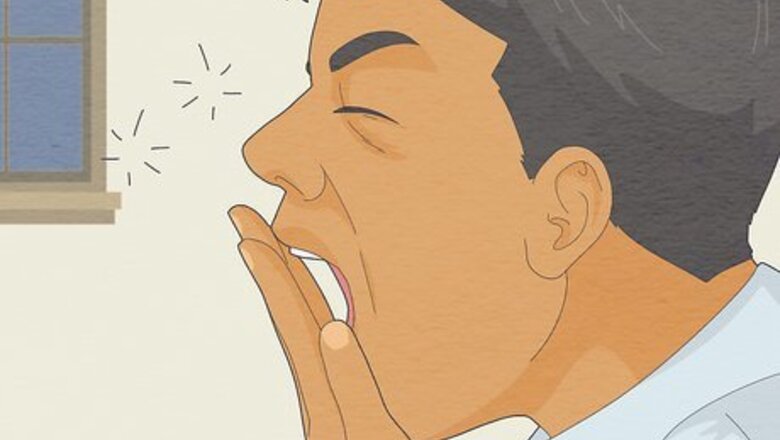
views
- You might not feel energized from caffeine if you don't get enough sleep each night.
- If your body metabolizes caffeine quickly, you may not feel its effects because it doesn’t remain in your system for very long.
- If you consume high amounts of caffeine daily, you could build a caffeine tolerance that reduces its stimulating effects.
Why Caffeine Doesn’t Affect You
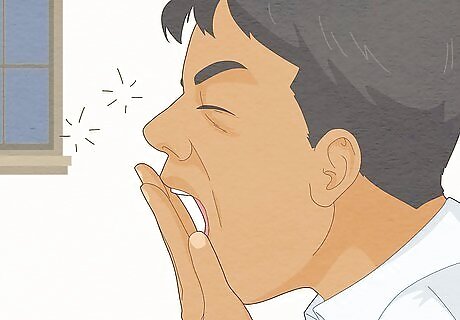
You might be sleep deprived. When you’re awake, your body produces adenosine, a chemical that makes you feel tired. Adenosine flushes out of your body when you sleep, but caffeine temporarily blocks the chemical from telling your brain to rest. Since caffeine gives you a false sense of energy, adenosine will keep building in your body until you’re overpowered by sleepiness. In fact, studies show that caffeine no longer improves alertness or performance if you only sleep for 5 hours, 3 days in a row.
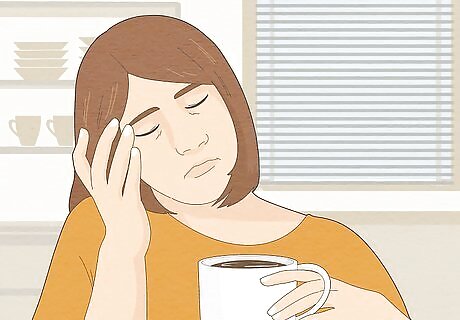
Your genetics may affect how your body responds to caffeine. Generally, it takes about 45 minutes for your body to feel the effects of caffeine, but that might not be the case if the caffeine molecules can’t block your adenosine. Studies show that a genetic variation in your adenosine receptors can prevent you from feeling the energizing effects of caffeine, no matter how much coffee, tea, or soda you drink. Additionally, certain enzymes in your liver (CYP1A2) can determine how quickly your body breaks down caffeine. If your body metabolizes caffeine at a rapid rate, you might not feel its effects because it doesn’t remain in your system for long.
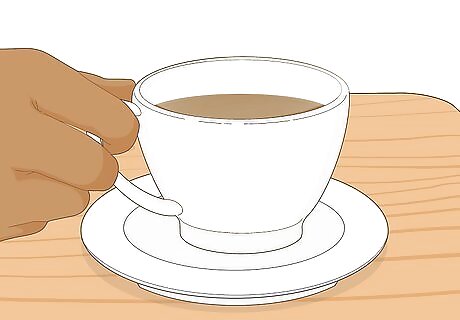
You may have a high caffeine tolerance. If you don’t feel the buzz of your morning cup of joe anymore, you might have developed a caffeine tolerance. This can occur if you consume high amounts of caffeine each day, instead of once or twice a week. Once your body becomes used to your regular intake, you need more caffeine to experience the same boost of energy. You could also be consuming more caffeine than you realize—some supplements contain caffeine, as well as chocolate, non-herbal tea, soda, kombucha, and hot chocolate.
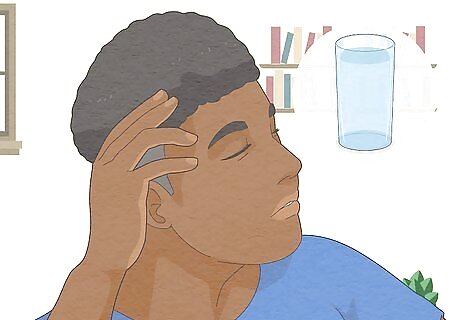
You could be dehydrated. If you’re not used to caffeine or you’re consuming a high amount of it, that might be causing you fatigue instead of boosting your energy. Drinking lots of coffee or tea can make you pee more often, leading to water loss. And when you’re dehydrated, you might feel more tired and groggy than usual.
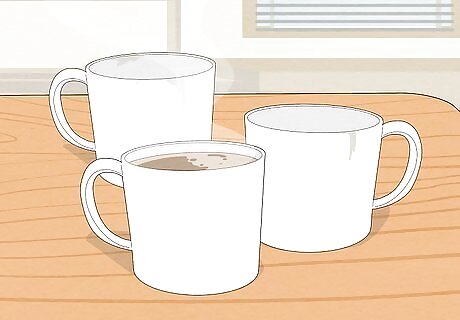
You might not be consuming enough caffeine. If you’re getting an adequate amount of sleep each night but one cup of coffee still doesn’t seem to “work” for you, it could just mean you’re not drinking enough of it. Depending on your weight, age, gender, and genetics, you might need a higher dose of caffeine to feel all of its effects. The recommended maximum amount of caffeine per day is 400 mg, which means you can enjoy around 4 cups of brewed coffee.
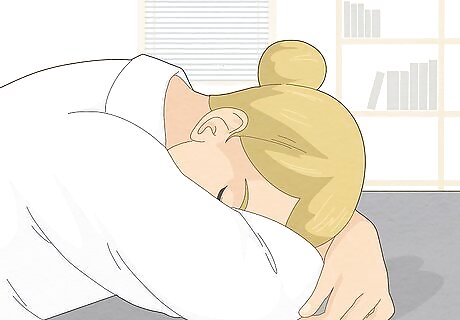
You could just be feeling a mid-afternoon slump. Caffeine not only disrupts sleep, but it also resets your body’s circadian rhythm, the biological “clock” that tells you whether you should be asleep or awake. When you consume caffeine without getting enough sleep, your body naturally feels dips in energy throughout the day, especially around lunchtime.
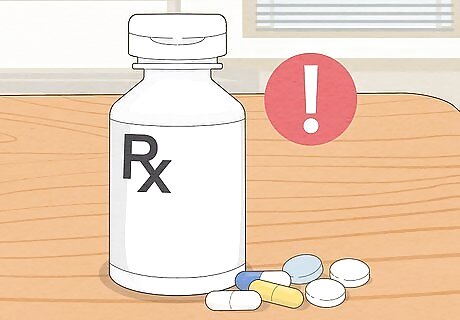
You may be taking medications that impact your caffeine metabolism. Some medications slow down the absorption and metabolism of caffeine in your body, which could explain why you’re not feeling energized after consuming caffeine. The extent of these interactions varies by drug, but research shows that they’re common in the following medications: Antidepressants Anti-anxiety medications Heartburn medications High blood pressure medications Diabetes medications Stroke medications Thyroid medications
What to Do If Caffeine Doesn’t Affect You
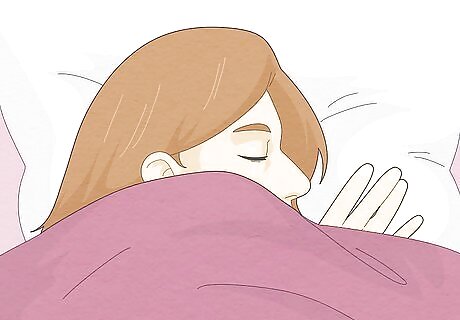
Maintain a consistent sleep schedule. In order to feel the full effects of caffeine, make sure you’re getting enough quality sleep. Go to bed at the same time every night so you feel tired at the end of the day, and try to get at least 7 hours of sleep. To help you fall into a deep slumber, create a good sleep environment—make sure your room is completely dark, adjust the temperature in your room to cool, and avoid using any electronic devices at least one hour before bedtime. If you have to stay up late one night, try to go to sleep earlier the following day so you don’t build up a “sleep debt.”
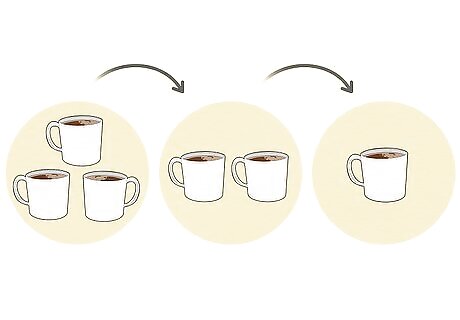
Slowly reset your caffeine tolerance. If you’re no longer feeling the buzz from your regular cup of coffee, it might be a sign to cut back for a while. Clear your caffeine tolerance by consuming less caffeine every day. For instance, if you drink 3 cups of coffee per day, try sticking to 2 cups for the next week, then lower it to a single cup the following week. You can also switch to decaf to gradually lower your caffeine intake, or switch to a lower caffeine beverage like green tea. Avoid going cold turkey and cutting out all caffeine—it can lead to withdrawal effects like headaches, fatigue, irritability, and difficulty concentrating.
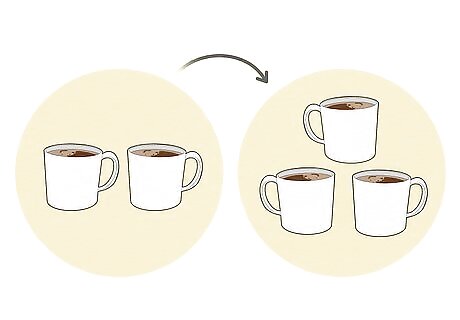
Increase your caffeine consumption. If you’ve never experienced the buzz from caffeine, it could just mean you’re not consuming enough of it. As long as you don’t exceed the recommended maximum dosage of 400 mg per day, add more caffeine into your daily routine to see if you feel anything. For example, if you only drink 2 cups of coffee a day, you might want to bump it up to 3 cups.
Alternatives to Help You Wake Up
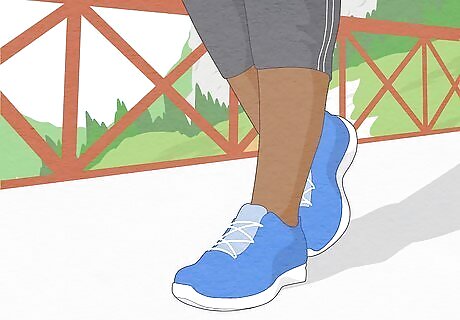
Hit the gym. If caffeine still doesn’t affect you, exercise regularly to boost your energy. Attend a fitness class before you head to the office in the morning, or slip in a quick workout during your lunch break. Even a quick 20-minute walk can make you feel more alert and improve your focus!
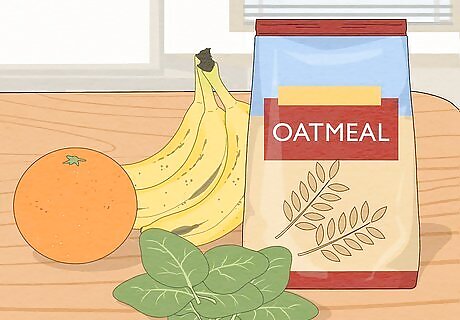
Eat a healthy and balanced diet. When caffeine isn’t giving you the shot of energy you need, food can provide you with enough fuel to get through the day. Choose foods rich in protein and fiber for long-lasting energy, or eat a high-carb snack if you just need a quick boost. Bananas, pumpkin seeds, spinach, oats, and citrus are excellent sources of energy when you’re feeling super tired.
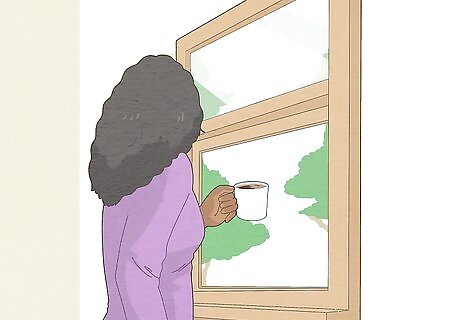
Get some sunshine. Sitting in the sun for a few minutes gives you a natural boost of energy to start your day or help you overcome the mid-afternoon slump. You can also try to sit by a window while you work or step outside during your lunch break—natural light is known to improve your mood, focus, and alertness.
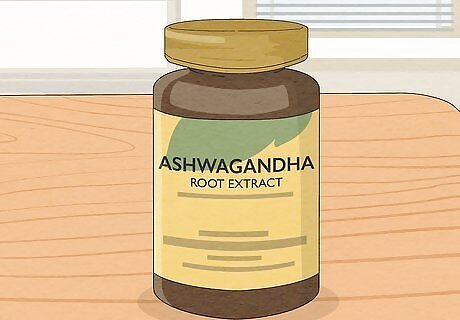
Take energizing supplements. Panax ginseng, rhodiola rosea, and ashwagandha are caffeine-free supplements that you can purchase in pill or powder form. They can help reduce fatigue, manage your stress levels, and improve your overall energy.
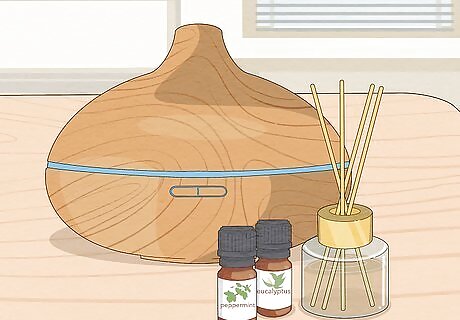
Inhale an aromatherapy blend. When you need a quick pick me up during the day, try smelling some aromatherapy oils to stimulate your senses. Oils like peppermint, ginger, rosemary, eucalyptus, and tea tree are especially invigorating, brightening your mood and lowering your stress levels. You can also make aromatherapy oils at home by soaking your favorite herb in olive, coconut, or grape seed oil. Just make sure to store the oil in a clear glass jar, and leave about 1 in (2.5 cm) of oil on top of the herbs.












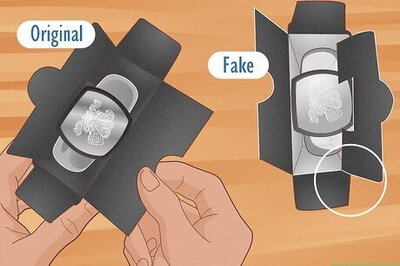


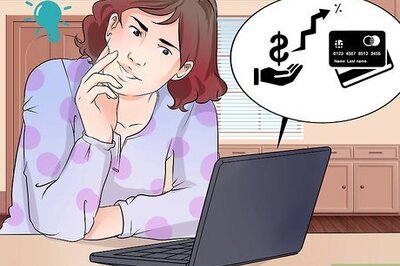


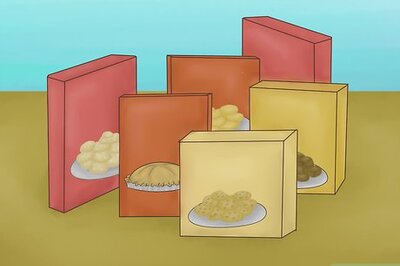
Comments
0 comment